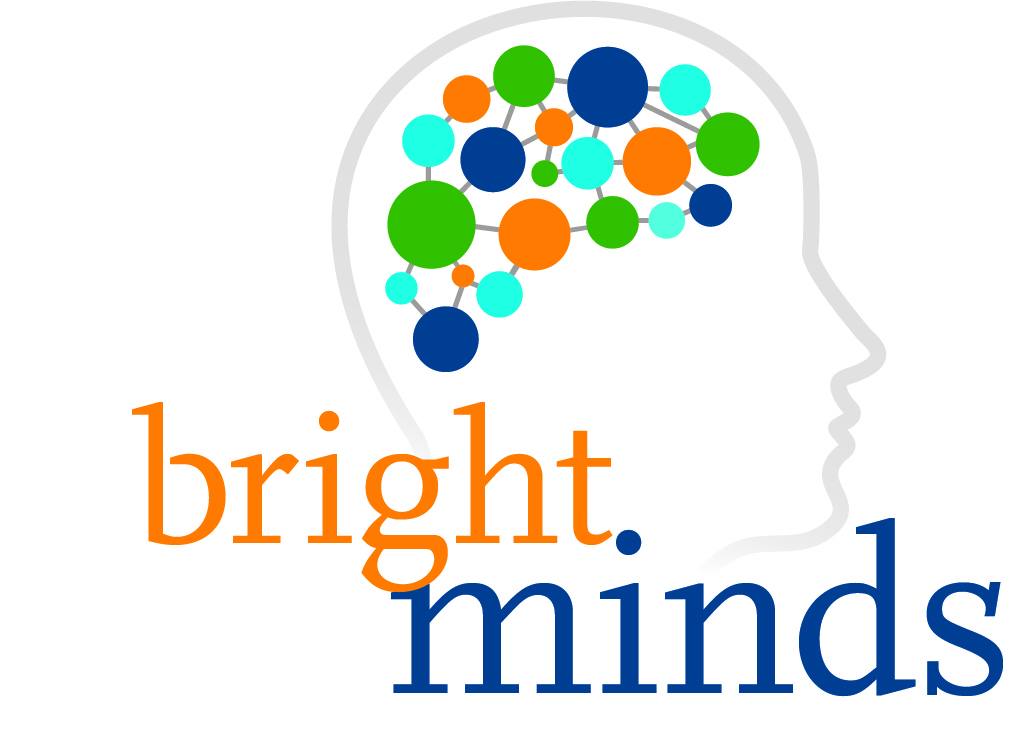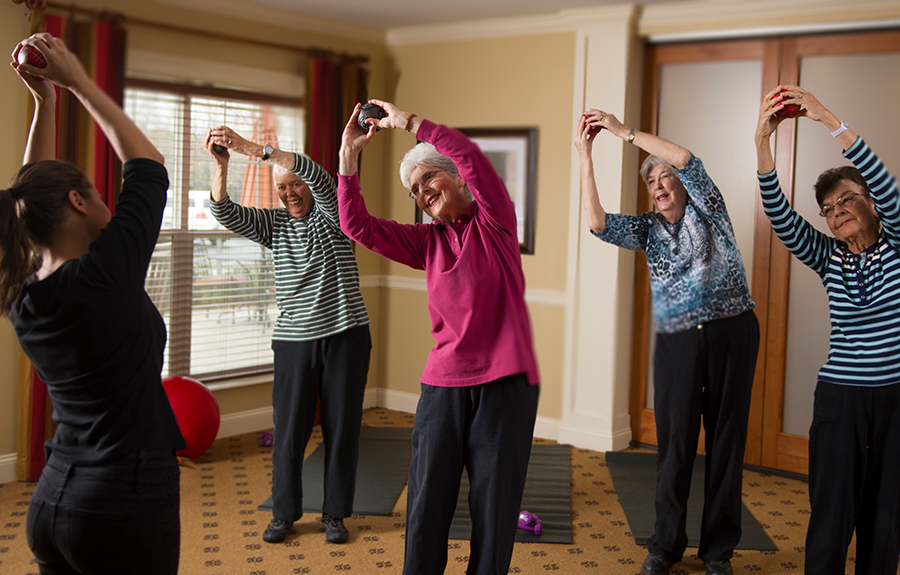What’s the connection between exercise and brain health?
Scientific literature says what’s good for your heart is good for your brain. Exercise increases blood flow and oxygenation, which carries fuel to the brain to improve mood, mental sharpness, and sleep quality, as well as help us lose weight and manage chronic health conditions like hypertension.
You probably already know the multitude of benefits that physical activity provides to your heart, lungs, blood sugar levels and mood. But if you knew that 120 minutes of moderate-intensity exercise every week could change your brain in a way that protects your memory, enhances your thinking skills and makes parts of your brain larger, would you lace up those walking shoes more often?
Brain health decreases with age. The average brain shrinks by approximately 5% per decade after the age of 40. Learn about some of the most recent studies on the beneficial effects of exercise on the brain. Hopefully, you'll find renewed inspiration to continue cultivating a vibrant lifestyle that includes a daily brain-boosting workout.
Why Is Cardio so Effective?
Aerobic exercise, aka cardio, can take the form of a brisk walk, a vigorous swim or a free-form dance session around your living room. It should be pleasant and done according to your preferences and current physical abilities.
Mylea Charvat, Ph.D., explains in Psychology Today a few reasons why exercise that raises your heart rate is so beneficial for cognitive health:
- It increases blood flow to your brain.
- Your faster and deeper breathing pumps more oxygen into your bloodstream, r which finds its way to your brain (Your brain uses 20% of the oxygen and blood in your body).
- This promotes neurogenesis, the production of new brain cells called neurons, in the parts of your brain that control memory, learning and thinking.
- Neurogenesis increases your brain volume.
- A larger brain helps protect you from the effects of dementia and other neurodegenerative diseases.
Improving cognitive function in adults over age 50
An exciting systematic review with meta-analysis published in February 2018 looked at 39 studies to determine if physical exercise can prevent or delay cognitive decline in individuals aged 50 and older. The researchers found positive evidence that a combination of aerobic and resistance-type exercise of at least moderate intensity on as many days as possible benefits cognitive function.
The promising finding: Exercise sessions that lasted for at least 45 minutes with the participant working at moderate-to-vigorous intensity were associated with significant improvements in brain function regardless of the participant's original cognitive status.
How Big Is Your Hippocampus?
The hippocampus part of your brain is associated with learning, emotion and the forming, storing and organizing of new memories. It's one of the major brain sites of neuroplasticity, a term that refers to your brain's ability to reorganize itself by forming new neural connections. The hippocampus region is sensitive to the effects of physical activity, especially aerobic exercise.
A meta-analysis published in 2018 sought to confirm if aerobic activity could increase the size of the hippocampus region in humans. Researchers reviewed 14 clinical trials that involved brain scans of 737 individuals before and after aerobic exercise programs.
The promising finding: Aerobic exercise had significant positive effects on left hippocampal volume. It helped to prevent the age-related deterioration typically seen in the region and also supported healthy neurons. Not only can regular aerobic exercise promote a healthier brain as you age, researchers believe the findings have strong implications for the prevention of age-related neurodegenerative disorders, such as Alzheimer's disease and dementia.
Exercise's Vital Role in Preventing or Slowing Dementia
The Lancet Commission on dementia calls the disease the greatest global challenge for health and social care in the 21st century. Worldwide, an estimated 50 million people have dementia. This number is expected to triple by 2050. However, dementia is not the inevitable result of aging, and physical exercise is one of the most promising non-pharmacological interventions for managing and preventing the disease.
A study published in late 2018 brings hope to those born with a rare genetic mutation that predisposes them to early-onset Alzheimer's disease. Although exercise cannot completely override their genetic makeup, people who exercise for at least 150 minutes per week could potentially delay their dementia onset by up to 15 years.
Another study used the landmark Framingham Heart Study to determine how physical activity affects the size of the brain and a person's risk for developing dementia. The researchers again found that physical activity particularly affected the size of the hippocampus, which is critical for short-term memory.
Even more encouraging, they found an association between low physical activity and a higher risk for dementia in older individuals. Not only can regular physical activity help older adults maintain higher brain volumes, it reduces the risk of dementia.
The really good news? Regular physical activity had the strongest protective effect against dementia in people aged 75 and older. It's never too late to start an exercise program for brain health. Aerobic exercise is one of the few proven methods for maintaining brain volume, functional connectivity and preventing or slowing the onset of Alzheimer's and other forms of dementia.
Brightview Senior Living communities provide residents with regular fitness classes to protect seniors' physical and mental well-being. SPICE in Motion program ensures that each resident can participate in engaging, practical exercises tailored to their needs and abilities. We also provide a collection of Bright Minds community offerings at Brightview that are designed to improve cognitive function of our residents. With Bright Minds, we focus on creating and maintaining healthy lifestyle habits – from increased exercise, social interaction, and healthy eating to decrease bad habits and properly manage chronic health conditions to keep you active, and your brain healthy. Find a community to explore the stimulating activities that can fill your days with friends and fun.


